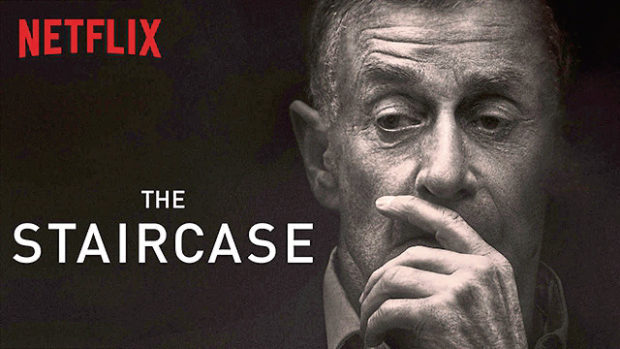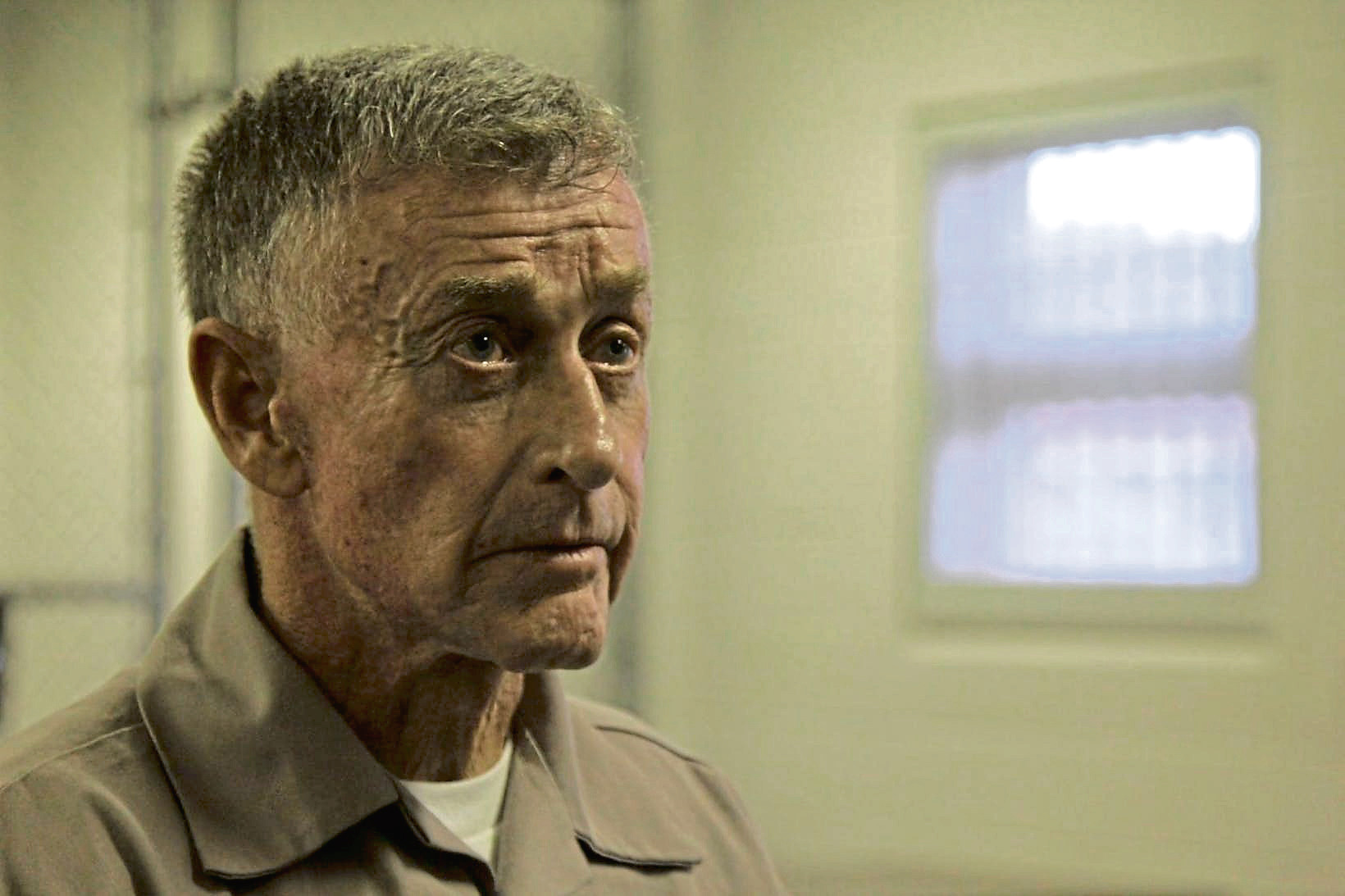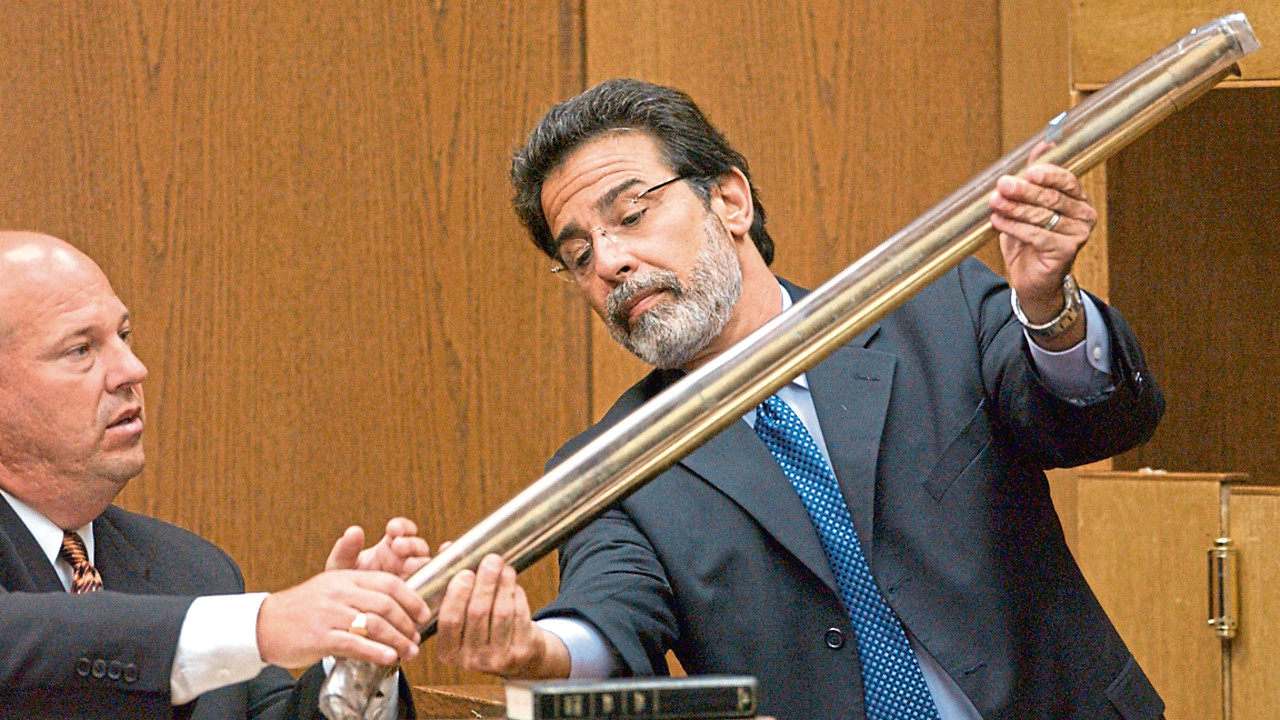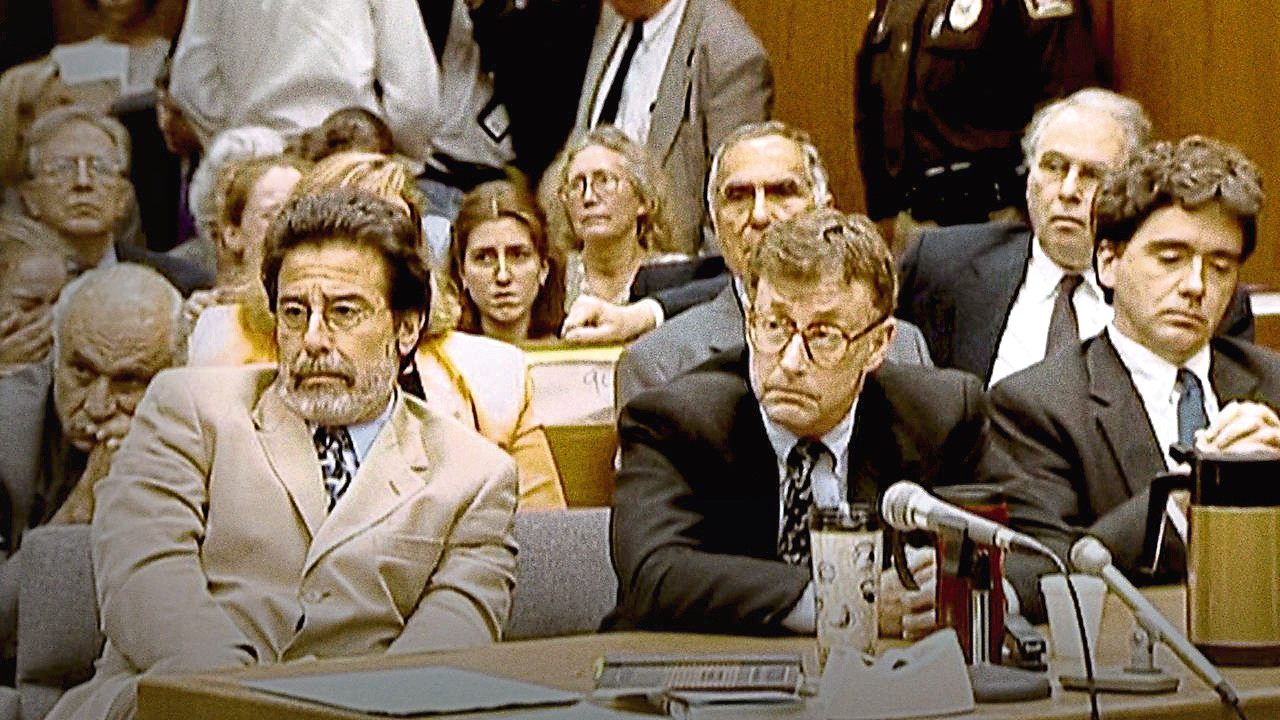The Staircase follows the bizarre circumstances of Kathleen Peterson’s death, and her husband Michael’s subsequent murder trial.
In 2001, Kathleen was found dead at the bottom of the stairs in the North Carolina home she shared with Michael.
Calling 911, he said: “My wife had an accident, she’s still breathing. She fell down the stairs.”
Shortly after, Peterson was charged with first-degree murder.
The trial that followed was full of bizarre twists and at times outlandish theories – blaming the death on everything from an owl attack to a second slaying similar in nature.
The curious case became the subject of the 13-part Netflix docu-series The Staircase.
At the centre of it all was Michael’s defence lawyer David Rudolf, who spent 16 years working on the case.
This week, local audiences of the hit documentary will have the chance to get their own unique glimpse into the lawsuit, as David is hosting two live talks at The Lemon Tree in Aberdeen – his only Scottish dates so far this year.
The 69-year-old attorney will give a fascinating insight into how he defended his client who was eventually convicted of murder, before being released on appeal 15 years later.
Far from being loud and brash like the all-American lawyers we are accustomed to in films, David comes across as pensive and engaging.
“When the documentarians approached me, the original idea was to do a two-hour TV documentary on HBO,” he said. “This was back in 2003 and no one had really done anything like it before.
“But as the filmmakers got into it, they discovered that it was much too complex to be done in two hours.
“They wanted to do a series, but HBO thought there was no market for it and abandoned the project.”
But the documentarians continued regardless, and the 10-part series was aired soon after, albeit in France.
“Obviously the impact was fairly minimal, so it wasn’t until it was picked up by Netflix in June of 2018 which changed things,” David said.
“The audience now is 350 million.”
Three new “where are they now?” episodes were added to the original 10, and the runaway success of the show has surprised no one more than David.
Viewers around the world have been fascinated by the intriguing narrative, through David believes it’s a combination of elements which really peaked audience interest.
“It’s not just the story, but the characters too,” said the 69-year-old.
“Because it’s a series, you can really get to know them, see them age and watch the progress of the case over a 15-year period.
“Another element of it is the perspective the show gives on the criminal justice system.
“Viewers can see the flaws for themselves laid out on camera.”
But it has become apparent that 13 hours of TV isn’t enough to answer all the questions the show poses. In the autumn of 2018, David began holding talks around the US which stimulated passionate debates about whether the subject of the series is innocent or guilty.
Once word about these discussions got out, demand on this side of the Pond was what David described as “phenomenal”.
“It was mid-October when I first came to the UK and Ireland and the response has been wild,” he said.
“The Aberdeen show sold out instantly, for example, so we’ve added another date.” With such a complex story to cover, it can be hard to know where to start.
But as David explains, the shows are very much based around what that particular audience is interested in.
“Before the show starts we collect handwritten questions from the audience to see the issues they want covered, and simply, that is what we talk about,” he said.
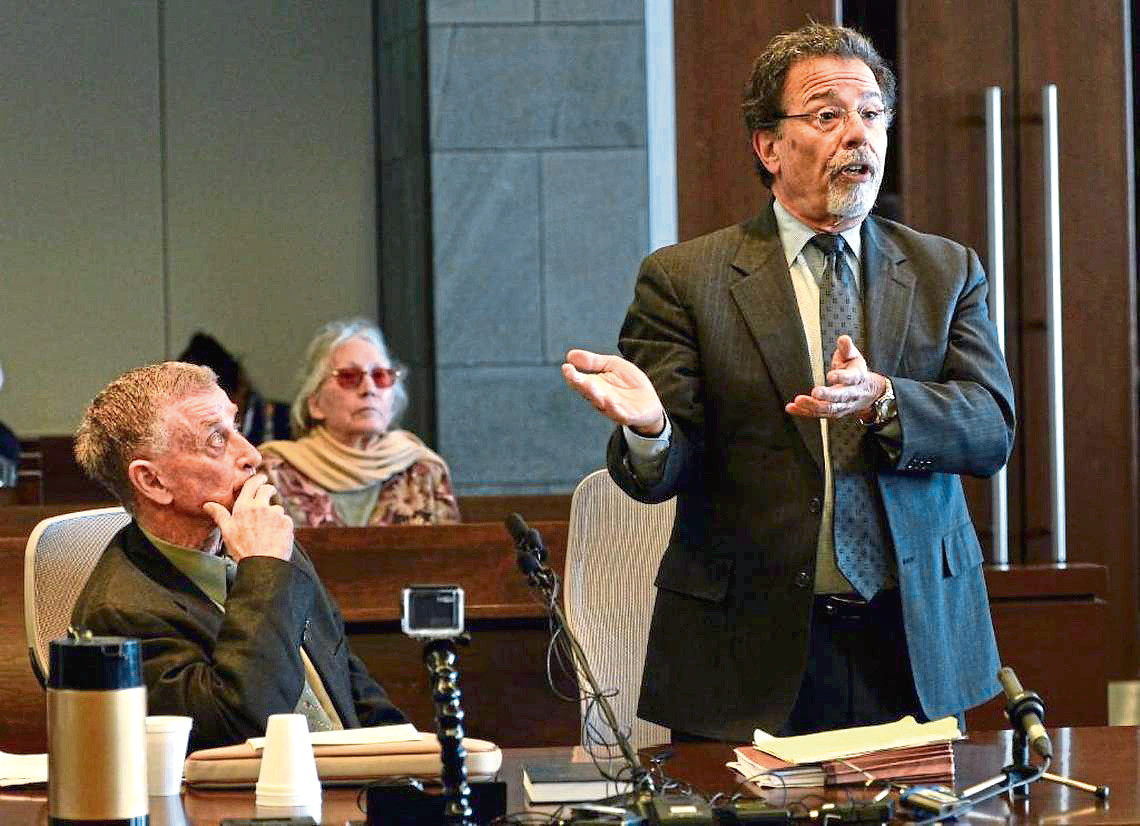
“So far we often seem to focus on the lessons people can learn from watching the show, or the similar issues which occur in criminal justice systems across Europe.
“Scotland is particularly interesting with its third verdict of ‘not proven’.
“In one of the original episodes I actually talk about how ‘not proven’ is much more accurate than trying to prove someone ‘innocent’.
“Jurors are sometimes scared that ‘not proven’ means no guilt, but really it means that the prosecution have failed to provide the burden of proof.
“It would be a real shame if this verdict was ever gotten rid of and I’m sure will make for some interesting discussions when I come to Aberdeen.”
David is visiting the north-east with his show In Conversation with David Rudolf on January 20 and 22 at The Lemon Tree. For tickets visit www.ents24.com
